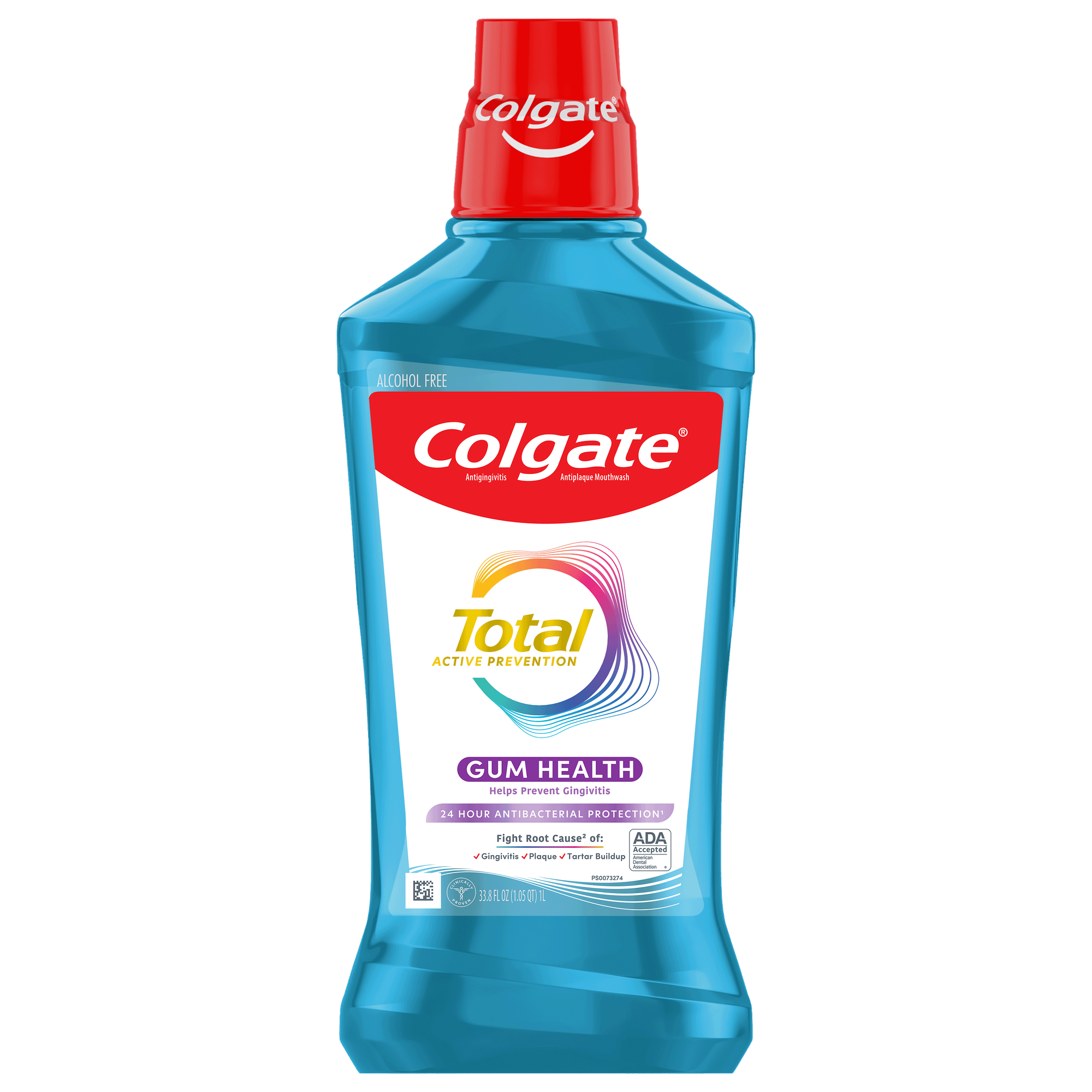How to Treat a Broken Tooth
When you break a tooth (not wisdom), you should get some X-rays from your dentist so they're able to assess your situation better. Typically, a repair is the route taken, and a filling is the solution. However, substantial breaks may require a crown. A crown provides more stability and prevents future cracks, according to the American Dental Association. It's also possible more acute breaks involving the tooth's nerve and blood vessel may require a root canal before the crown.
Wisdom Teeth 101
Need words of wisdom on wisdom teeth? Here's a basic breakdown of your third molars, aka wisdom teeth:
- Appear during your late teens to early 20s
- Located in the back of your mouth — they're your very last molars
- Often impacted, that is there's not enough room to come in
- 9 out of 10 people have had at least one impacted wisdom tooth
- Some dentists suggest wisdom tooth removal to avoid complications that could arise in the future
How to Treat a Broken Wisdom Tooth
You broke your wisdom tooth. Now what? Well, your dentist most likely would say removal is the best option. Scenarios for removing one or all of your wisdom teeth include:
- Impacted and not helping your ability to chew
- Not positioned properly
- Interfering with your bite
- Putting you at risk for gum disease or decay
Sometimes though, repairing your broken or cracked wisdom tooth with a crown or filling is best. If there aren't any complications and it helps your chewing, removal can wait.
How to Keep Your Wisdom Teeth Healthy
You know your options for handling a broken wisdom tooth. So what about keeping them healthy when they're all in? Here are the fundamentals to keep your wisdom teeth in tip-top shape:
- Reach your toothbrush, floss, and oral irrigator back far enough to clean them
- Always use fluoride toothpaste when brushing
- See your dentist for regular checkups, cleanings, and X-rays so they can monitor your wisdom teeth for any changes
With age comes wisdom teeth. And you know, by seeing your dentist regularly, they'll create a plan on how to approach your broken, chipped, or healthy wisdom tooth — and teeth.
Oral Care Center articles are reviewed by an oral health medical professional. This information is for educational purposes only. This content is not intended to be a substitute for professional medical advice, diagnosis or treatment. Always seek the advice of your dentist, physician or other qualified healthcare provider.
ORAL HEALTH QUIZ
What's behind your smile?
Take our Oral Health assessment to get the most from your oral care routine
ORAL HEALTH QUIZ
What's behind your smile?
Take our Oral Health assessment to get the most from your oral care routine















